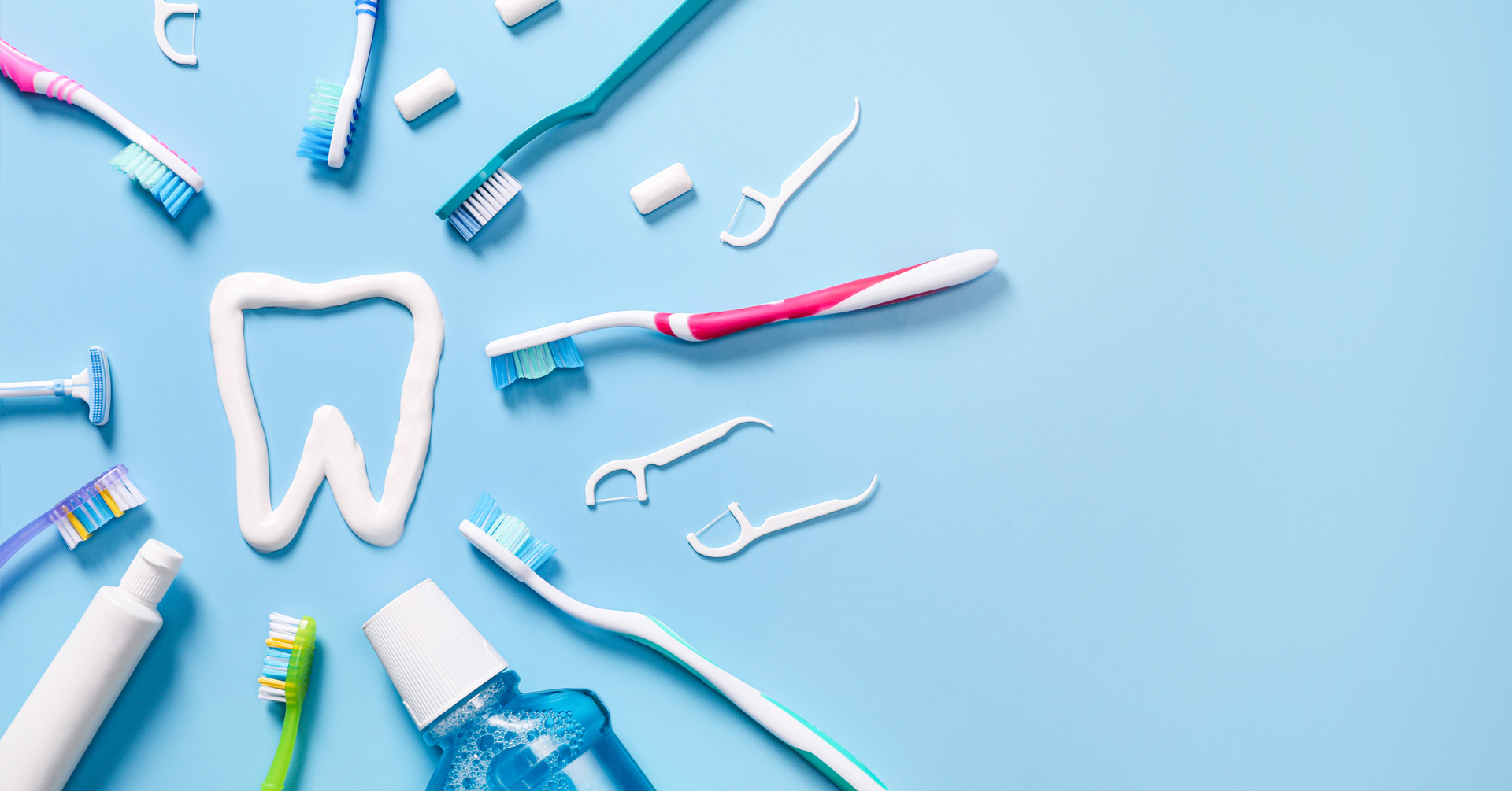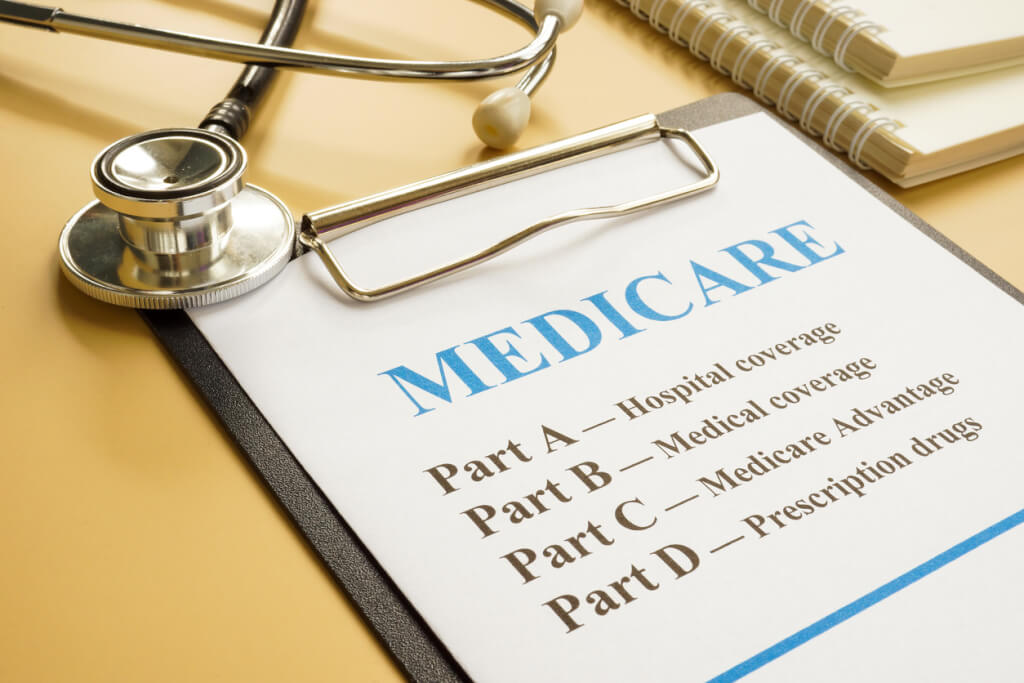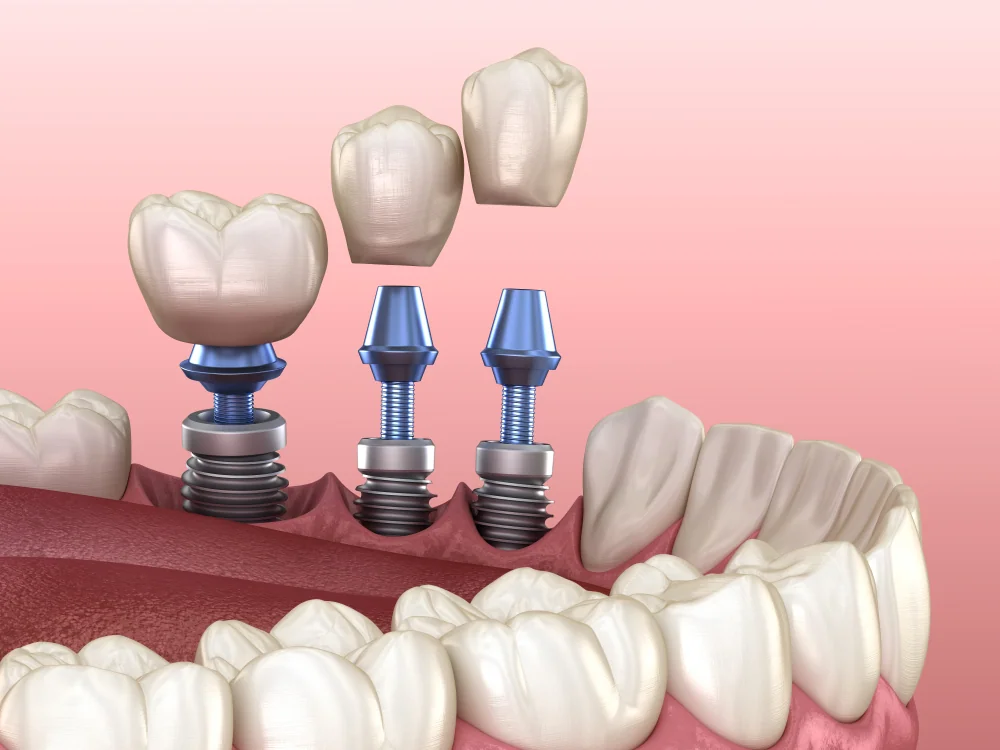Proper Dental Care: What You Need to Know
- Posted on Nov. 7, 2023
- Health
- Views 131
Maintaining healthy teeth is vital – it doesn’t only contribute to your oral health but also helps to save on medical bills. Yet, at-home dental care alone isn't sufficient. Ever considered professional dental cleanings? Learn how they contribute to long-lasting oral well-being.
Read More

The Meaning of Dental Cleaning
The main purpose of professional cleaning is to remove plaque and tartar. This procedure reduces the risk of cavities, gum disease, and tooth loss. Furthermore, your dentist could spot developing diseases – tooth decay, oral cancer, and other oral health issues during the procedure. It is a way to prevent neglected diseases and start treatment on time.
"A dental cleaning involves removing soft and hard deposits (plaque and calculus) above, around, and just below the gumline through scaling," says Dianne Sefo, a clinical associate professor at NYU College of Dentistry.
The duration usually depends on your oral health, the regularity of the cleaning, and unique factors. According to the American Dental Association (ADA), the average duration is nearly an hour.
What to Expect During the Procedure?
Before beginning the cleaning process, a dental professional conducts a thorough examination. This includes checking your vitals, and health history, and performing an oral cancer screening. To identify any abnormalities, your doctor may also use X-rays. Once all data is collected, you’ll be given a diagnosis, and the process starts.
The cleaning itself involves removing soft and hard deposits, known as plaque and calculus, from your teeth through scaling, done manually or with power-driven scalers. The remaining plaque and stains are polished away with an abrasive paste. This is followed by flossing, and if necessary, a fluoride treatment to strengthen your teeth and prevent cavities.
Post Effects and Care
Following a dental cleaning, your mouth may feel different based on the extent of scaling and tools used. You'll likely enjoy the smooth, plaque-free sensation when running your tongue over your teeth.
Your dental hygienist is a valuable resource for post-cleaning care. They can guide proper brushing and flossing techniques, nutrition, and smoking's impact on oral health. Don't hesitate to ask about post-cleaning details, such as when to eat or drink, expected mouth sensations, and scheduling your next routine cleaning or specialist appointment if required.
How Dental Care Benefits to Your Health
Professional dental care offers three vital health benefits:
- Oral Health Maintenance: Regular cleanings help maintain overall oral health.
- Preventing Oral Diseases: They reduce the risk of oral diseases like cavities and gum disease.
- Early Detection: Dental cleanings can catch oral diseases and infections early, which is crucial for timely treatment.
Dianne Sefo emphasizes that skipping these cleanings puts individuals at risk for oral issues and notes the connection between oral and systemic health. Periodontal disease, for instance, is linked to conditions like heart disease and diabetes. Additionally, many oral cancers are treatable when detected early, underscoring the importance of routine examinations that accompany dental cleanings. And there's the bonus of a brighter smile.
Average Cost of the Dental Cleaning
The cost of dental cleanings varies, typically ranging from approximately $100 to several hundred dollars when paying out-of-pocket. Various factors influence the price, including your location, age (child or adult cleaning), and any additional procedures like X-rays.
Dental insurance should cover routine preventive dental care, including cleanings, with most plans covering 100% of preventive care and 60% to 80% of basic procedures (e.g., gum disease treatment), depending on your dentist's network status. It's important to check with your insurance provider to understand your coverage before your cleaning appointment.
You can also use funds from your health savings account (HSA) or flexible savings account (FSA) to cover additional dental cleanings and preventive work, as allowed by the IRS.
Routine and Deep Cleaning: What’s the Difference
Dentists offer two types of cleanings: routine and deep, which serve different purposes.
Routine Cleaning
This involves removing soft and hard deposits on your teeth and around the gumline through scaling. You may experience mild sensitivity but generally won't need local anesthesia.
Deep Cleaning
A more extensive and costly procedure for severe conditions like gum disease. Local anesthesia is used due to potential discomfort. Deep cleaning, also called scaling and root planing or periodontal debridement, addresses deep areas along tooth roots, especially when bacterial infection has caused gum and bone deterioration. Early treatment is crucial as untreated infection can lead to tooth loss. People often have periodontal disease without pain, underscoring the importance of routine examinations.


